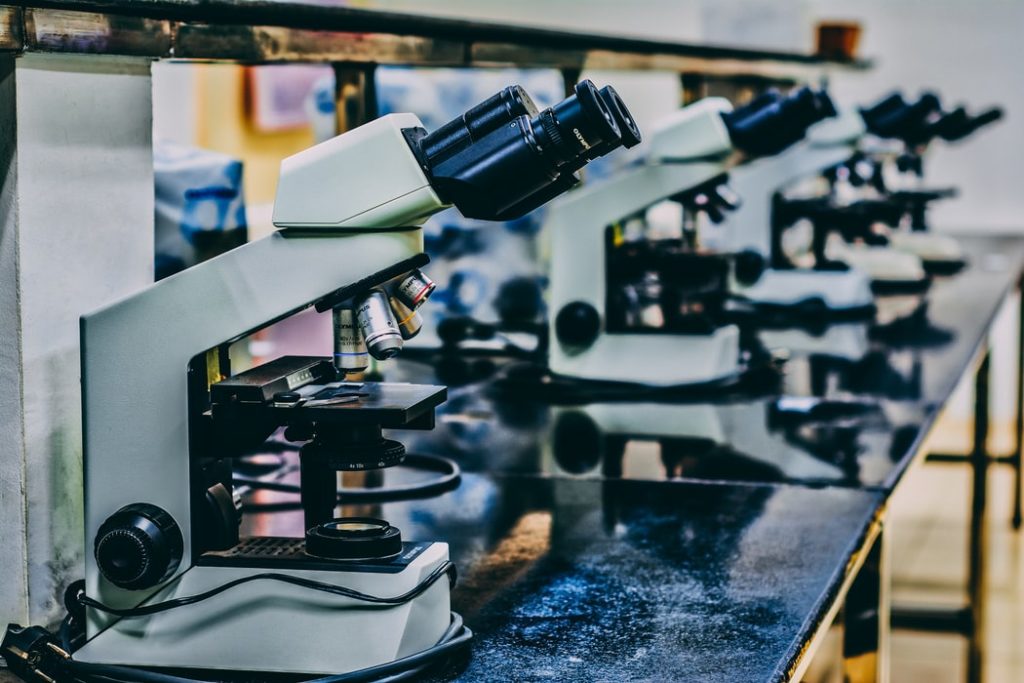South Africa’s young scientists are pulling out all the stops as they prepare to compete in the 2021 Virtual Global Youth Science and Technology Bowl (GYSTB) Science Fair in Hong Kong.
The innovative scientific research that will be presented relates to detecting and classifying cardiac arrhythmia and prosthesis control using muscle impulses.
The GYSTB is a highly competitive science fair that’s known for entries from participants with high-tech, cutting-edge research projects in the fields of artificial intelligence and robotics, Eskom’s General Manager of Risk and Sustainability, Andrew Etzinger says.
“This highlights the international standard of our local projects. Eskom wishes the two participants, Kavya Kaushik and Catherine Kies who won silver medals in the 2020 Eskom Expo for Young Scientists competition, all the best as they compete against top young scientists from 26 different countries. Our investment in Eskom Expo’s development of young scientists and engineers remains unwavering,” Etzinger adds.
The 17-year-old Kavya Kaushik is a Grade 11 pupil at Bryanston High School in Johannesburg and has developed a machine learning model that accurately detects and classifies cardiac arrhythmia beats. This is an important field of research in artificial intelligence that will assist healthcare workers with making quick and accurate diagnosis of the type of cardiac arrhythmia.
“Further development of this model has the potential to completely automate the task of diagnosis of this disease, and make it highly beneficial to the health care industry,” Kaushik said.
On the other hand, Catherine Kies, a Grade 10 learner at Hoër Meisieskool Bloemhof in Stellenbosch has developed a hand prosthesis that is operated via the myoelectric impulses from a person’s arm. This entails moving one’s arm, and the exact movement is replicated by a mechanical claw.
The 15-year-old Kies has brilliantly used different methods and materials to develop the hand prosthesis with remarkable accuracy. She has contributed to a growing body of research on prosthesis control using muscle impulses.
“The claw is extremely simple and has only two positions – open and closed. If the system were to be used as a practical prosthesis, an advanced multi-finger hand would have to be designed. The software will need to be upgraded to allow for more controlled and proportional movements,” said Kies.
The GYSTB science fair is organised by the Hong Kong Federation of Youth Groups, and aims to provide a platform for global youth to develop their creativity and scientific mindsets, and engage in the exchange of scientific ideas, interests and abilities among young scientists globally. Judging is expected to take place on 19 June, with an awards ceremony scheduled for 20 June.
“Even during crises like the COVID-19 pandemic, passionate young scientists like Kavya and Catherine continue to follow their passion for the sciences and extend their classroom knowledge well beyond its borders, even as far as Hong Kong. As we celebrate youth month, we need to congratulate these young scientists for representing South Africa on the international stage,” said Eskom Expo Executive Director, Parthy Chetty.
Picture: Unsplash

